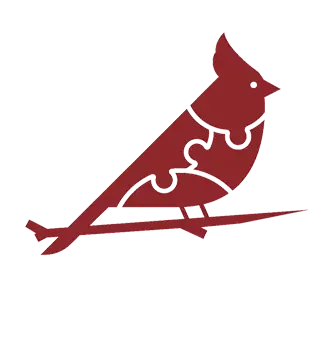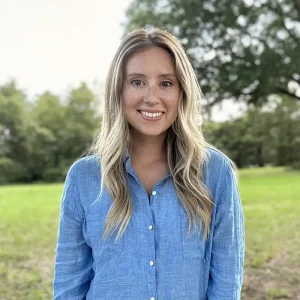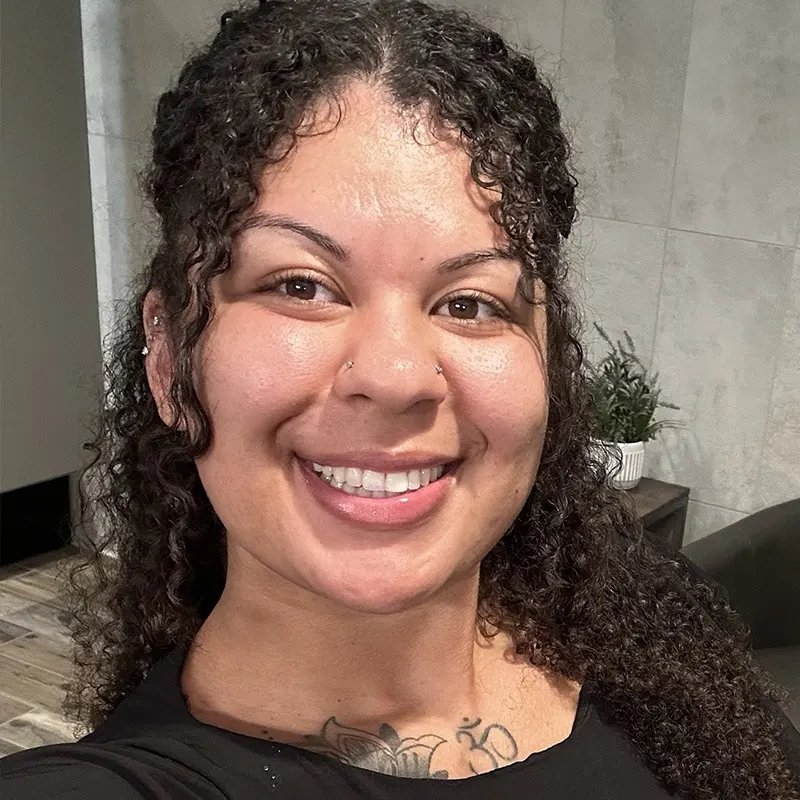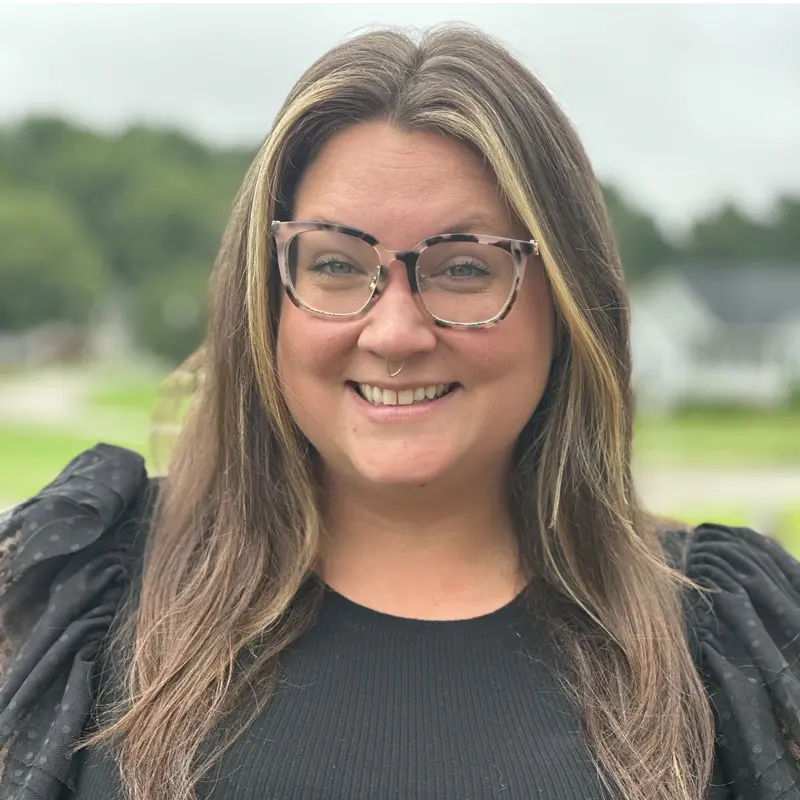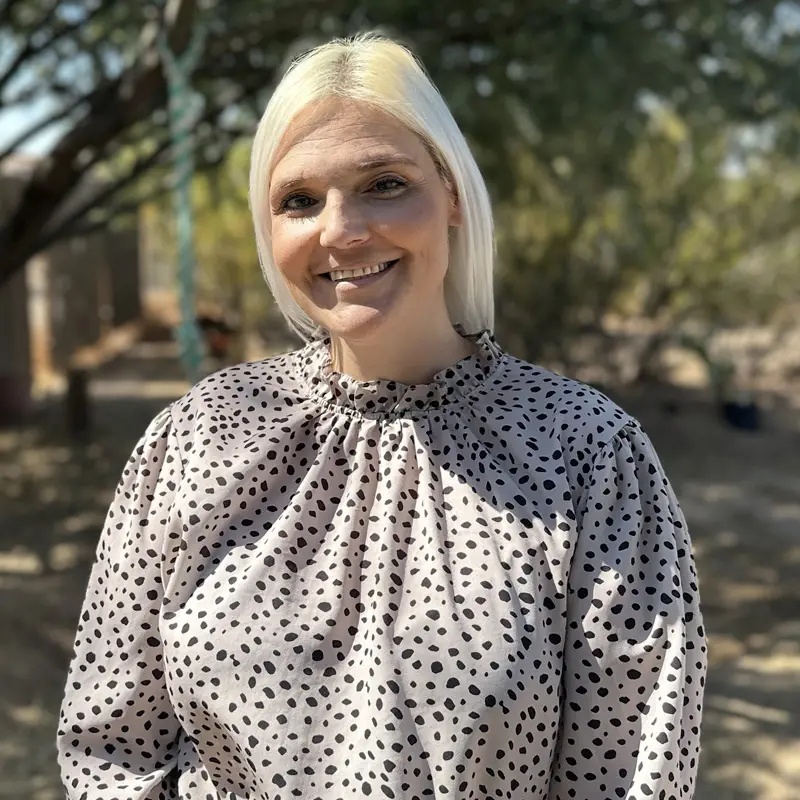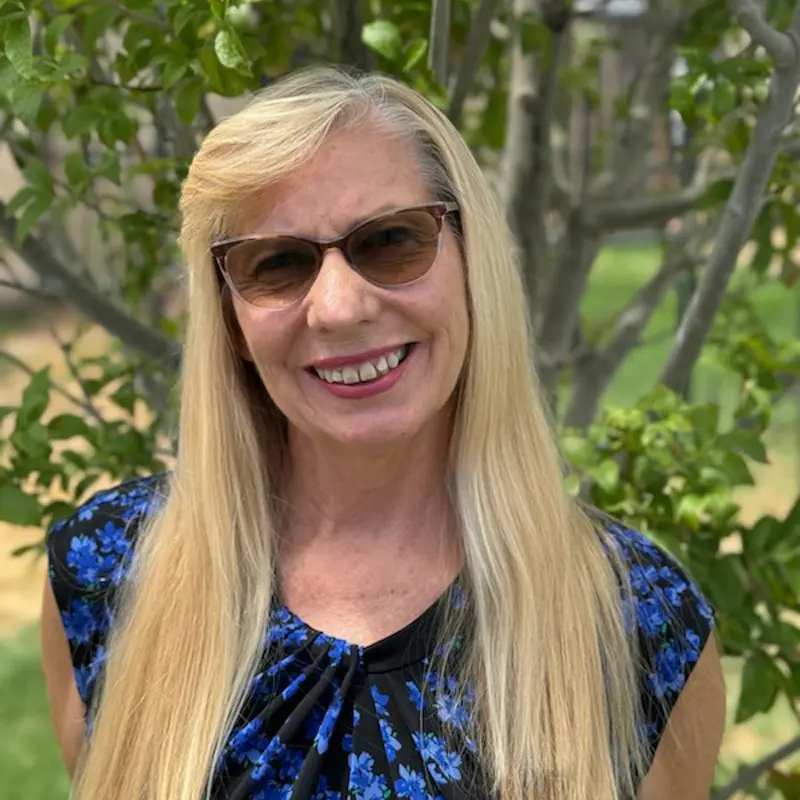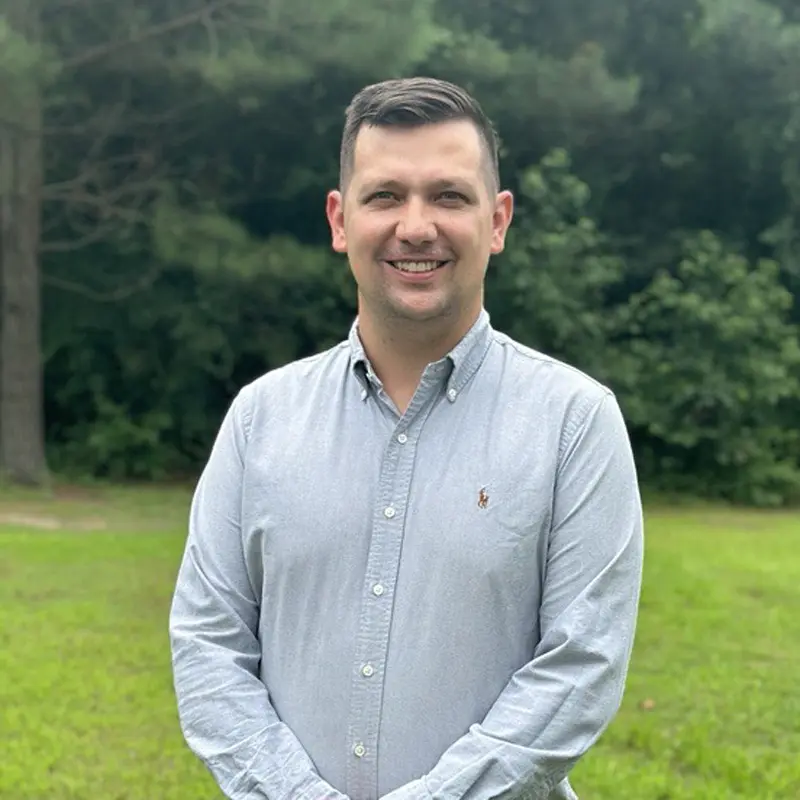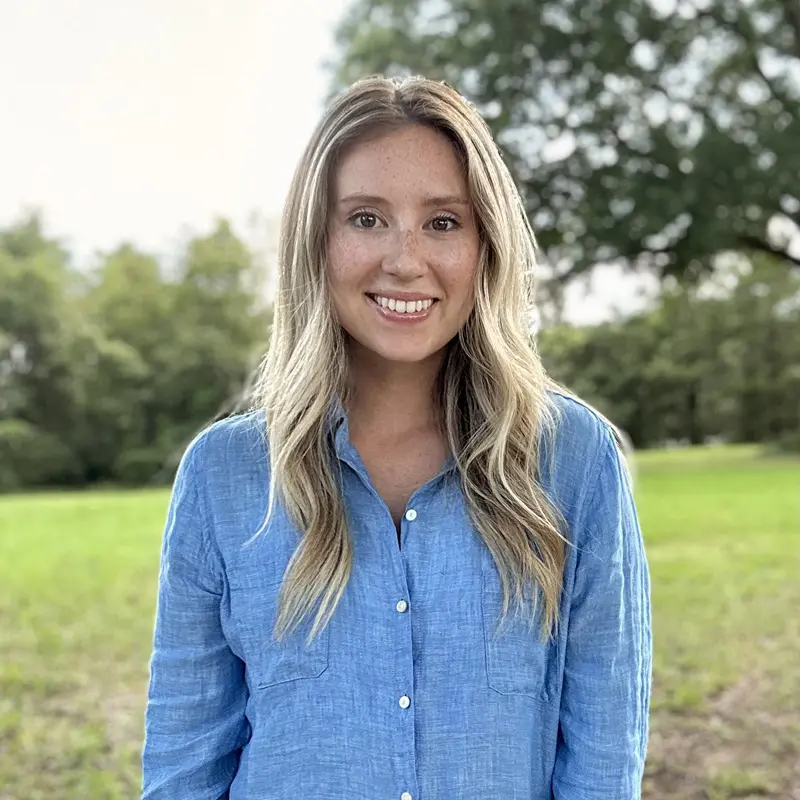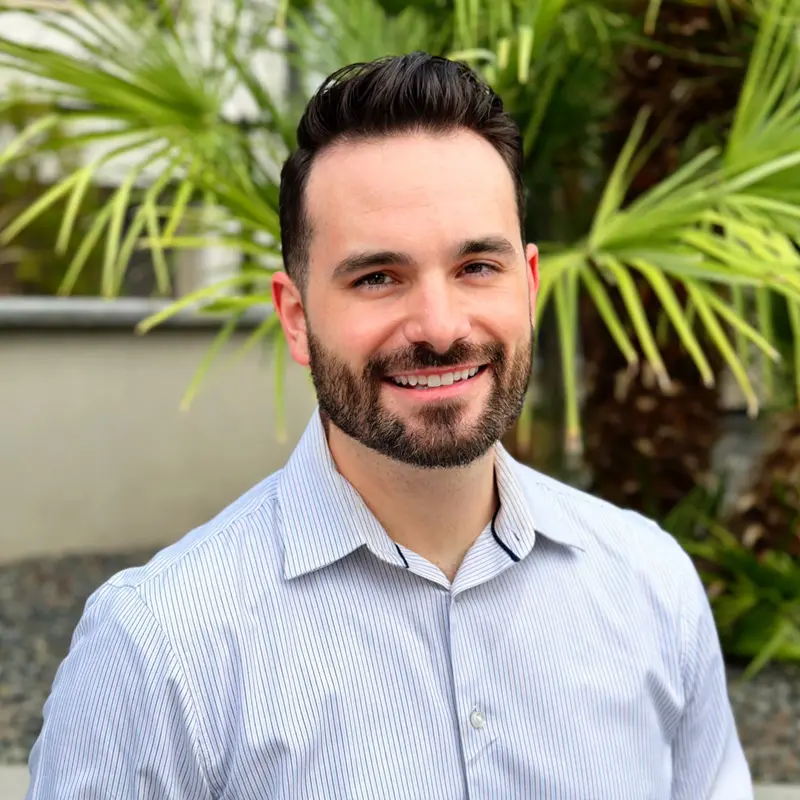At Cardinal Pediatric Therapies, we understand that communication is the foundation of learning, connection, and growth. For many children with Autism Spectrum Disorder (ASD), communication can be a daily challenge. Difficulties understanding social cues, routines, or others’ emotions can make social situations feel confusing or overwhelming which can be reduced through Social Stories in ABA.
Through Applied Behavior Analysis (ABA) therapy, our team helps children strengthen their ability to exchange information, understand others, and participate in meaningful interactions. One of the most effective and accessible tools we use to support these goals is the Social Story. This structured yet creative technique teaches children how to navigate real-life social experiences with clarity and confidence.
What Are Social Stories in ABA?
Social Stories are short, personalized narratives that describe specific social situations in a clear, positive, and easy-to-understand way. Originally developed by Carol Gray in the 1990s, Social Stories were designed to help individuals with autism interpret social expectations and learn appropriate responses.
In ABA therapy, Social Stories serve as a bridge between understanding and action. By presenting situations step by step, they help children learn what to expect, why certain behaviors occur, and how to respond appropriately.
According to the National Institutes of Health (NIH), evidence supports the use of Social Stories as part of structured behavioral interventions for improving social understanding and reducing anxiety in individuals with ASD.
At Cardinal Pediatric Therapies, we integrate Social Stories into both In-Clinic ABA Therapy and In-Home ABA Therapy to help children apply learned concepts across school, home, and community settings.
Key Elements of Effective Social Stories

For Social Stories to work, they must be carefully designed to match the child’s developmental level, learning style, and communication needs. A well-crafted Social Story typically includes these components:
1. Descriptive Sentences
Each story begins with simple, factual statements that describe the situation. For example, “At lunch, I sit at the table with my classmates.” This provides context and sets the stage for understanding what is happening and why.
2. Perspective and Feelings
The story may include descriptions of how others feel or react in that scenario. “My friends are happy when I share my toys.” This helps children recognize emotions and viewpoints beyond their own, building empathy and perspective-taking.
3. Directive Sentences
These sentences offer guidance or model desired behaviors: “When I want to play, I can ask my friend, ‘Can I join you?’” Such clear instructions give the child concrete actions to follow.
4. Visual Supports
Images or visual cues enhance comprehension and engagement. For nonverbal or visual learners, these pictures help connect words to real-life experiences and make abstract ideas tangible.
5. Individualization
No two children are the same, which is why Social Stories are personalized for each child. Our Board Certified Behavior Analysts (BCBAs) and therapists at Cardinal tailor each story to reflect a child’s unique interests, strengths, and challenges.
By blending these elements, Social Stories become not just teaching tools but empowering aids for communication and understanding.
Benefits of Social Stories in ABA Therapy

Social Stories provide far more than social scripts; they are structured tools for building awareness, reducing anxiety, and improving communication. When used consistently in ABA therapy, their impact can be profound.
1. Enhancing Social Understanding
Social Stories simplify complex social situations into manageable steps, helping children recognize what’s happening and how to respond. For example, a Social Story might describe what to expect during a doctor’s visit, helping reduce uncertainty and stress.
2. Increasing Predictability
Children with autism often thrive in structured, predictable environments. Social Stories create that structure by explaining routines in advance. Knowing what will happen next helps children feel secure, prepared, and confident.
3. Encouraging Positive Behaviors
Directive sentences guide children toward socially appropriate actions. When reinforced through Parent Coaching, these stories help families practice consistent responses at home, accelerating skill development.
4. Reducing Challenging Behaviors
When children understand expectations, frustration and confusion decrease. Fewer outbursts, less avoidance, and calmer transitions are common results of effective Social Story use.
5. Promoting Independence and Self-Advocacy
Over time, Social Stories help children internalize the skills they learn and eventually navigate new situations independently. This builds confidence and autonomy both inside and outside therapy.
A ResearchGate review of over 40 studies concluded that Social Stories significantly improve adaptive behaviors and social engagement when integrated into ABA programs, particularly when stories are customized and paired with positive reinforcement.
Creating and Implementing Social Stories in ABA
The creation process is a collaborative effort between ABA professionals and caregivers. Together, we identify real-life situations that present challenge, like greeting peers, taking turns, or following a classroom routine, and craft stories that teach appropriate behaviors in those contexts.
At Cardinal Pediatric Therapies, our therapists personalize each Social Story using the following approach:
- Assessment: We evaluate your child’s communication level, sensory preferences, and motivation to determine the best story format.
- Story Development: The BCBA writes a short, clear narrative, often accompanied by photos or drawings, to explain the situation.
- Therapy Integration: The therapist introduces the story during in-clinic or in-home ABA sessions, pairing it with visual cues, modeling, and positive reinforcement.
- Caregiver Collaboration: Families are encouraged to read and review stories at home to reinforce progress and help their child practice in familiar settings.
This consistency between the clinic and home environment strengthens the effectiveness of each story and supports generalization of learned skills.
Social Stories in Everyday Life

While Social Stories are often introduced in therapy, they are equally powerful at school and at home. Teachers can use them to prepare students for new activities, transitions, or group interactions. Parents may use them before family outings, doctor visits, or holidays.
The Autism Speaks Learning Resource Center provides helpful templates and examples for families interested in creating Social Stories tailored to their child’s needs. When used collaboratively, they become part of a broader communication support system, helping children connect meaningfully with others and participate more confidently in daily life.
Empowering Families Through ABA Therapy
At Cardinal Pediatric Therapies, Social Stories are just one example of how our team blends science and compassion to support families. Our ABA therapy services focus on helping children build independence through structured learning, personalized care, and collaborative partnerships.
Whether through in-clinic ABA therapy, in-home sessions, or group family coaching, we help families in Phoenix, Cary, Wilmington, and Clayton nurture stronger communication, emotional understanding, and social success.
If your family is searching for ABA therapy parent training in Arizona or North Carolina, we’re here to help.
Request a free consultation today to learn more about our evidence-based autism therapeutic services.

